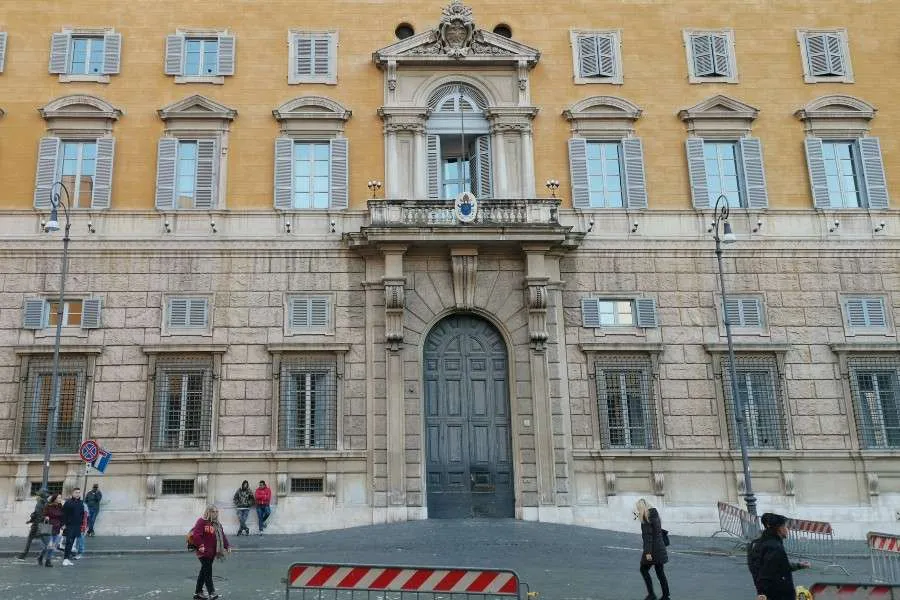The CDF presented the 45-page letter, Samaritanus bonus: on the Care of Persons in the Critical and Terminal Phases of Life, at a press conference Sept. 22. It was approved by Pope Francis on June 25 and signed by CDF prefect Cardinal Luis Ladaria and secretary Archbishop Giacomo Morandi.
The letter reaffirmed Catholic teaching on a range of end-of-life issues, underlining the moral impermissability of euthanasia and assisted suicide, and recalling the obligation of Catholics to accompany the sick and dying through prayer, physical presence, and the sacraments.
The Vatican document also pointed out what it described as cultural obstacles obscuring the intrinsic value of every human life: the notion of “dignified death” as measured by a person’s so-called “quality of life,” a false understanding of compassion, and an individualism which sees the other as a limitation or threat to one’s freedom.
So-called “compassionate” euthansia holds that it is better to die than to suffer, the CDF noted. “In reality, human compassion consists not in causing death, but in embracing the sick, in supporting them in their difficulties, in offering them affection, attention, and the means to alleviate the suffering.”
Cardinal Ladaria said Sept. 22 that “a compassion that is not accompanied by the truth, by respect for human life in all its phases of existence, is a compassion that is not just, is not right.”
Catholics need to know how to show authentic compassion and to witness to Christian hope, the CDF document argued.
“In the face of the challenge of illness and the emotional and spiritual difficulties associated with pain, one must necessarily know how to speak a word of comfort drawn from the compassion of Jesus on the Cross,” it said. “It is full of hope -- a sincere hope, like Christ’s on the Cross, capable of facing the moment of trial and the challenge of death.”
“The hope that Christ communicates to the sick and the suffering is that of his presence, of his true nearness,” the letter explained. “To contemplate the living experience of Christ’s suffering is to proclaim to men and women of today a hope that imparts meaning to the time of sickness and death. From this hope springs the love that overcomes the temptation to despair.”
The document said that Catholic priests and others should avoid any active or passive gesure which might signal approval for euthanasia and assisted suicide, including remaining in a room while the act is performed.
But to someone who is considering taking that action, the presence of a witness to truth, charity, and hope can be powerful, Ladaria said.








